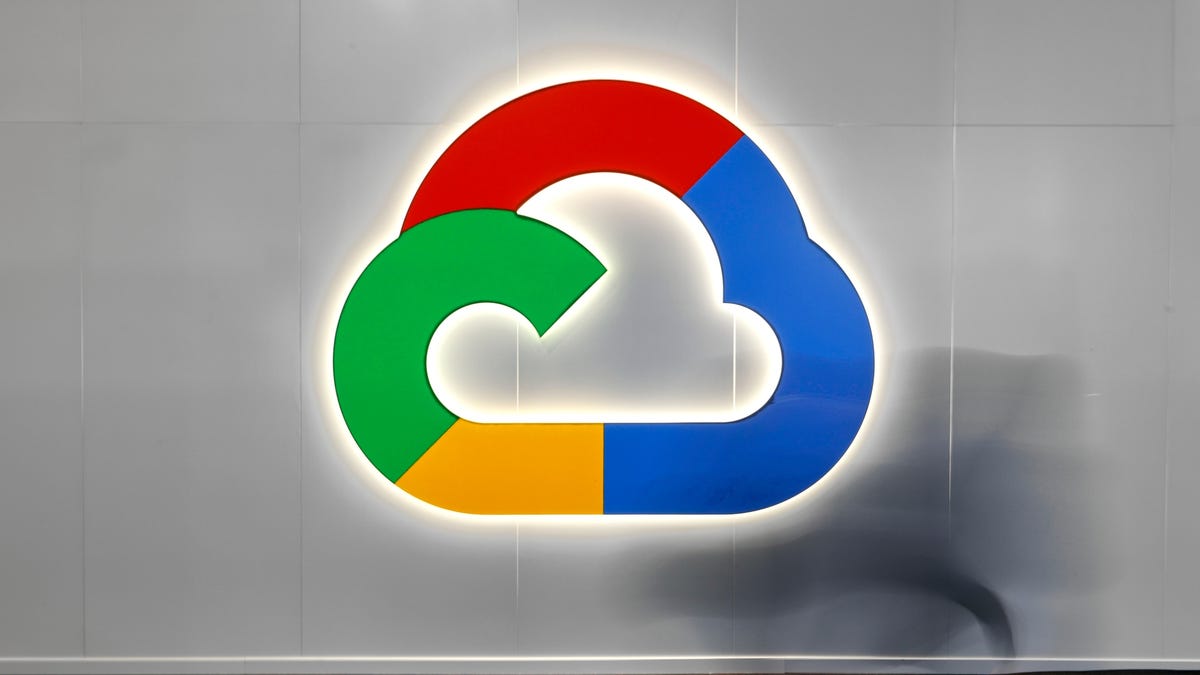Google and Mayo Clinic Partner to Infuse AI Into Health Care
Google says its generative AI tool is HIPAA compliant.

One of Google Cloud's generative AI tools is being used at health care organizations like the Mayo Clinic.
Google Cloud launched a partnership with Mayo Clinic to implement use of its generative AI software, the tech giant announced Wednesday. To kick things off, the collaboration aims to enhance workflows in health care with the Enterprise Search in Generative AI App Builder tool. The application is "ready to support HIPAA compliance," Google Cloud said in a press release.
Dubbed the Gen App Builder, the tool will be used at the Mayo Clinic to assist health care professionals with accessing information across multiple sources in a streamlined process. That includes patient records like lab tests, medical history or diagnostic imaging, as well as clinical protocols and research papers. With Google-level search capabilities, it can help health organizations quickly find what they need.
Mayo Clinic's chief information officer Cris Ross touts the technology as a way to change the health care system and serve patients better -- and safely.
"Our prioritization of patient safety, privacy, and ethical considerations, means that generative AI can have a significant and positive impact on how we work and deliver healthcare," Ross said. "Google Cloud's tools have the potential to unlock sources of information that typically aren't searchable in a conventional manner, or are difficult to access or interpret, from a patient's complex medical history to their imaging, genomics, and labs. Accessing insights more quickly and easily could drive more cures, create more connections with patients, and transform healthcare," he added.
Google Cloud's Enterprise Search in Generative AI App Builder gives organizations the ability to develop custom chatbots and programs for search. AI chatbots are becoming prevalent in various industries like banking, where they're used to provide interactive answers to customers' questions.
But this is not the company's first foray into the medical field. In April, Google announced its medical language model AI initiative, Med-PaLM and Med-PaLM 2. The company also rolled out AI-powered tech to help health insurance companies process claims faster and diagnostic tools to detect cancer. Mayo Clinic has previously teamed up with Google to improve care for people with head and neck cancers.
Read on to learn more about Google's AI search engine and how the Consumer Financial Protection Bureau is keeping an eye on chatbot frustrations.
Editors' note: CNET is using an AI engine to help create some stories. For more, see this post.

